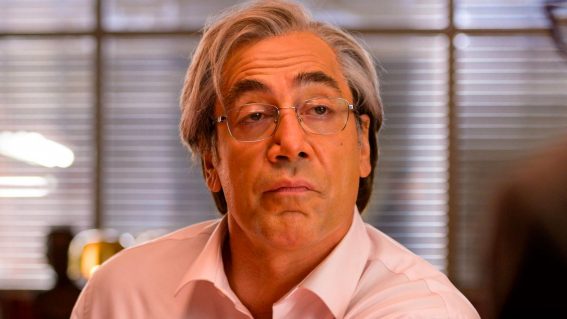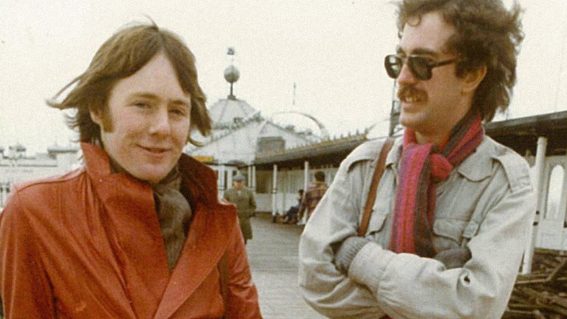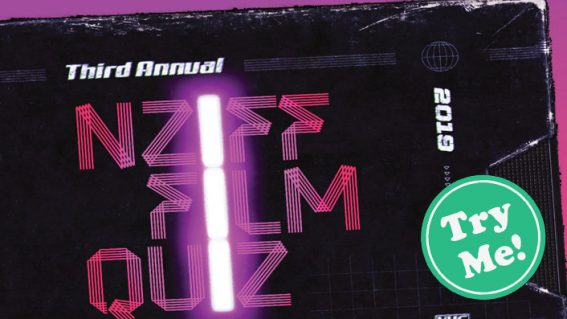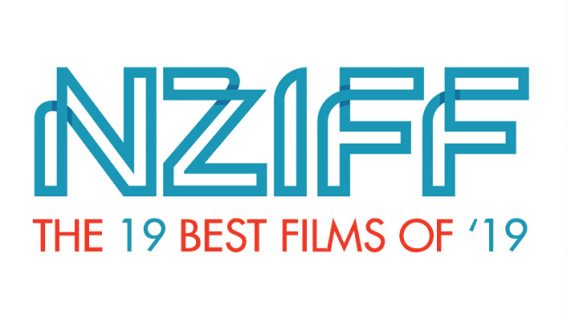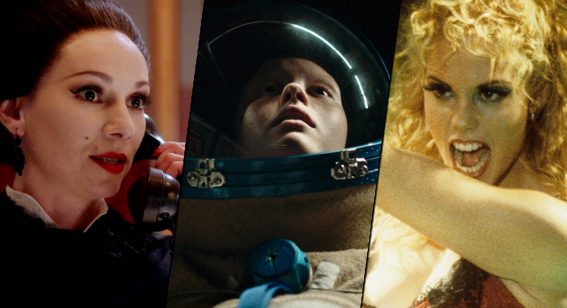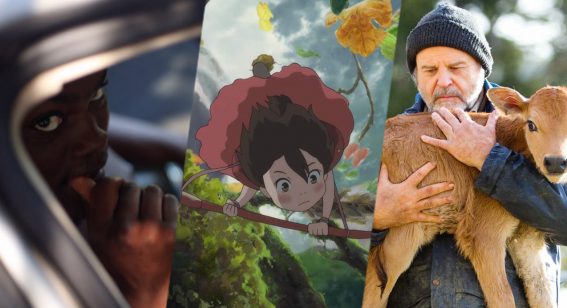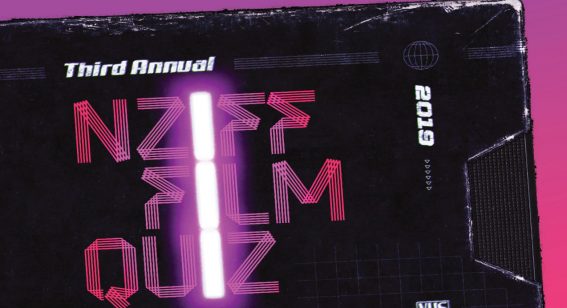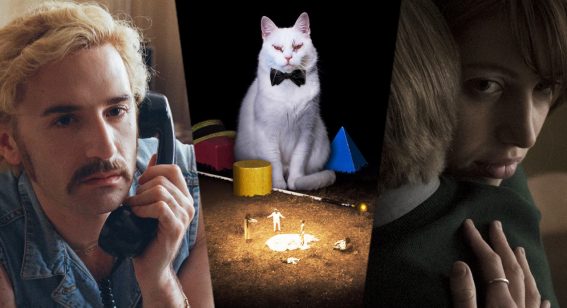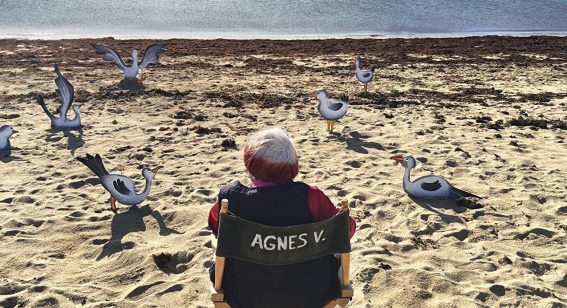Māui’s Hook: the cinematic kōrero this country desperately needs
Trust that their tales are told raw and will enter any opened heart.
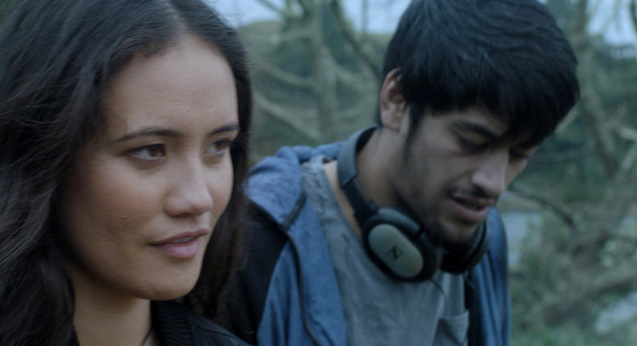
The New Zealand International Film Festival has a strong history playing vital documentaries about current issues in Aotearoa. Local critics often call these films “essential” and say “it should be seen by every New Zealander.” The reality is, however, that most will not.
Gone are the days where a hard-hitting drama like Once Were Warriors would top the box office. Nowadays, to speak raw truths about our people and our land, it needs to be done with tongue in cheek and a humourous sly if it wants a shot to be seen by “every New Zealander.” That’s probably why Hunt for the Wilderpeople and Boy are the top two biggest NZ films of all time.
It says a lot about our unwillingness as a people to tackle dark truths head-on. This is especially true about our nation’s frightful suicide rate, a subject too dark to tackle any other way.
With Māui’s Hook, filmmaker Paora Joseph delivers the cinematic kōrero this country needs to have. It follows whānau from five different parts of the North Island, each feeling the pain of a loved one who’s committed suicide but struggle to discuss it – in some cases, even to each other.
Much like Joseph’s first feature, Tātarakihi: The Children of Parihaka, the documentary tracks a road trip starting from west Taranaki and curving down and around the mountain before moving up to Cape Reinga. The route forms the titular hook, reeling in the tāngata from their respective marae.
They tell their stories softly, but their anguish resonates loudly. It’d be tacky to say that I don’t want to spoil what happens but to avoid deflating the words these families fought so hard to find, it really is best I don’t go into the details. Just trust that their tales will enter any opened heart.
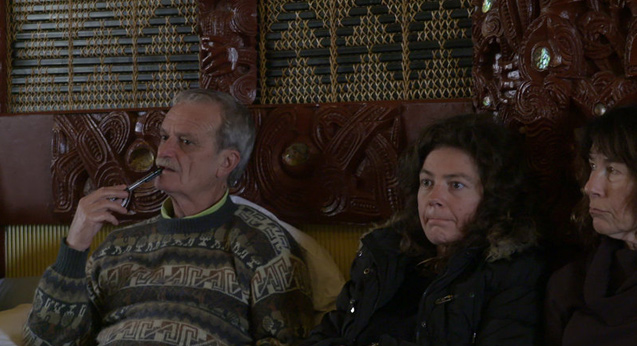
Māui’s Hook could have gotten by with just these stories alone, but the film goes even further. In conjunction with the hikoi to Cape Reinga, Joseph wants to demonstrate the healing benefits of expression, of listening, of kōrero. In this, he succeeds with a conclusion that reveals the light at the end of a very dim tunnel.
A dramatised plot of a young man’s suicide, played intensely by Niwa Whatuira, weaves its way throughout the journey. The staged scenarios do a simple but effective job aligning this character’s situation. More effective, yet, is Whatuira’s presence as a spirit at marae as he listens to the real stories being told. It’s a storytelling device that could be understood in different ways, perhaps vastly from a Māori perspective and Pākehā perspective, and is best left to you to interpret alone.
For those who have struggled with the loss of a loved one to suicide, Māui’s Hook hopes to reel you in with its unwavering compassion and desire to show the power of kōrero. I’ve been fortunate enough to have never suffered such loss, but if such a time comes in my future, I feel comforted knowing I saw this film and that there is a way through the pain.
Given all this, there’s really no other way to say it. Māui’s Hook is an essential Aotearoa film and it should be seen by every New Zealander.
Māui’s Hook will have its world premiere July 21 at the ASB Waterfront Theatre (find tickets here) with two other screenings in Auckland before heading to Wellington, Christchurch, Dunedin, Nelson, New Plymouth, Palmerston North, Hawkes Bay, Masterton, Hamilton and Tauranga.
The film will NOT have a commercial cinema release after the festival. Instead, it will have community and marae screenings.





